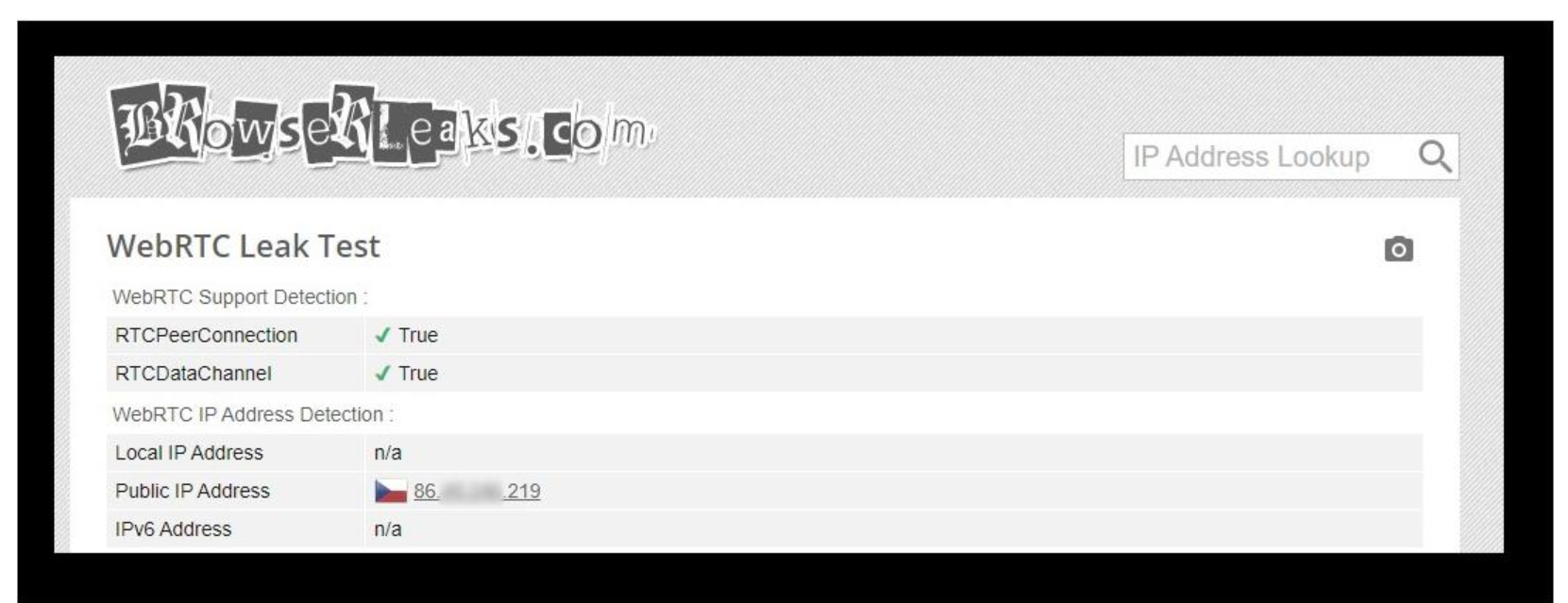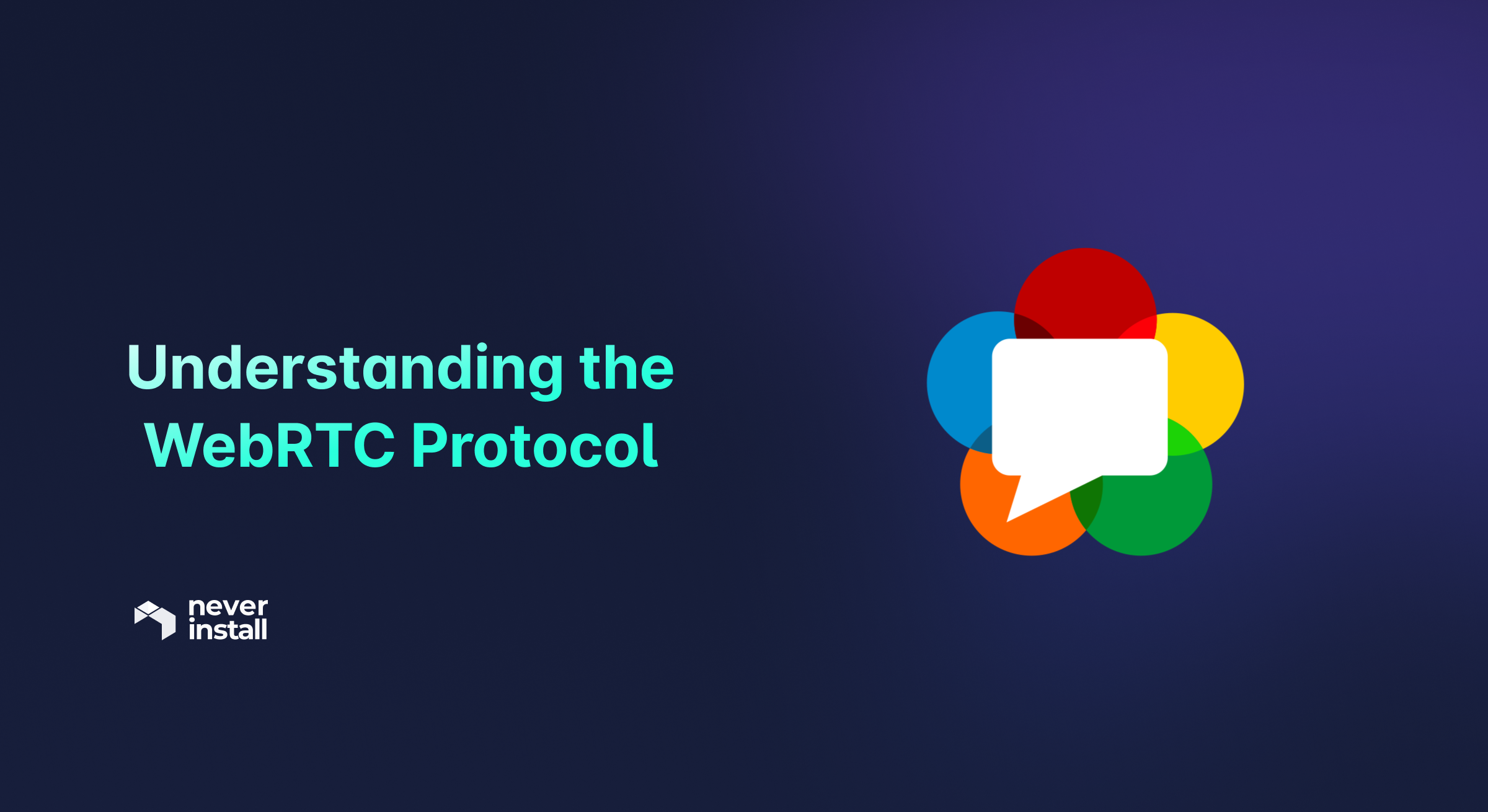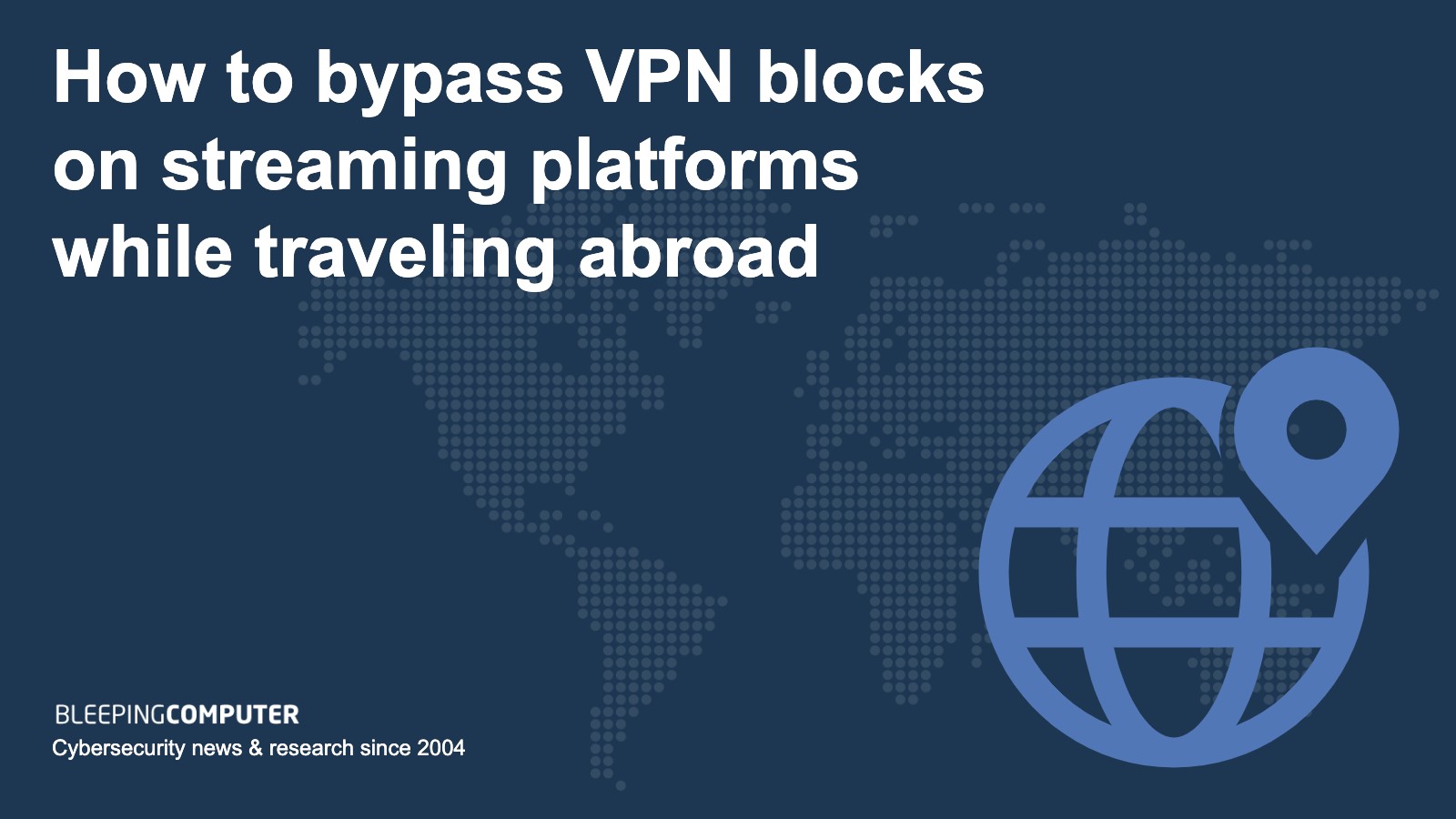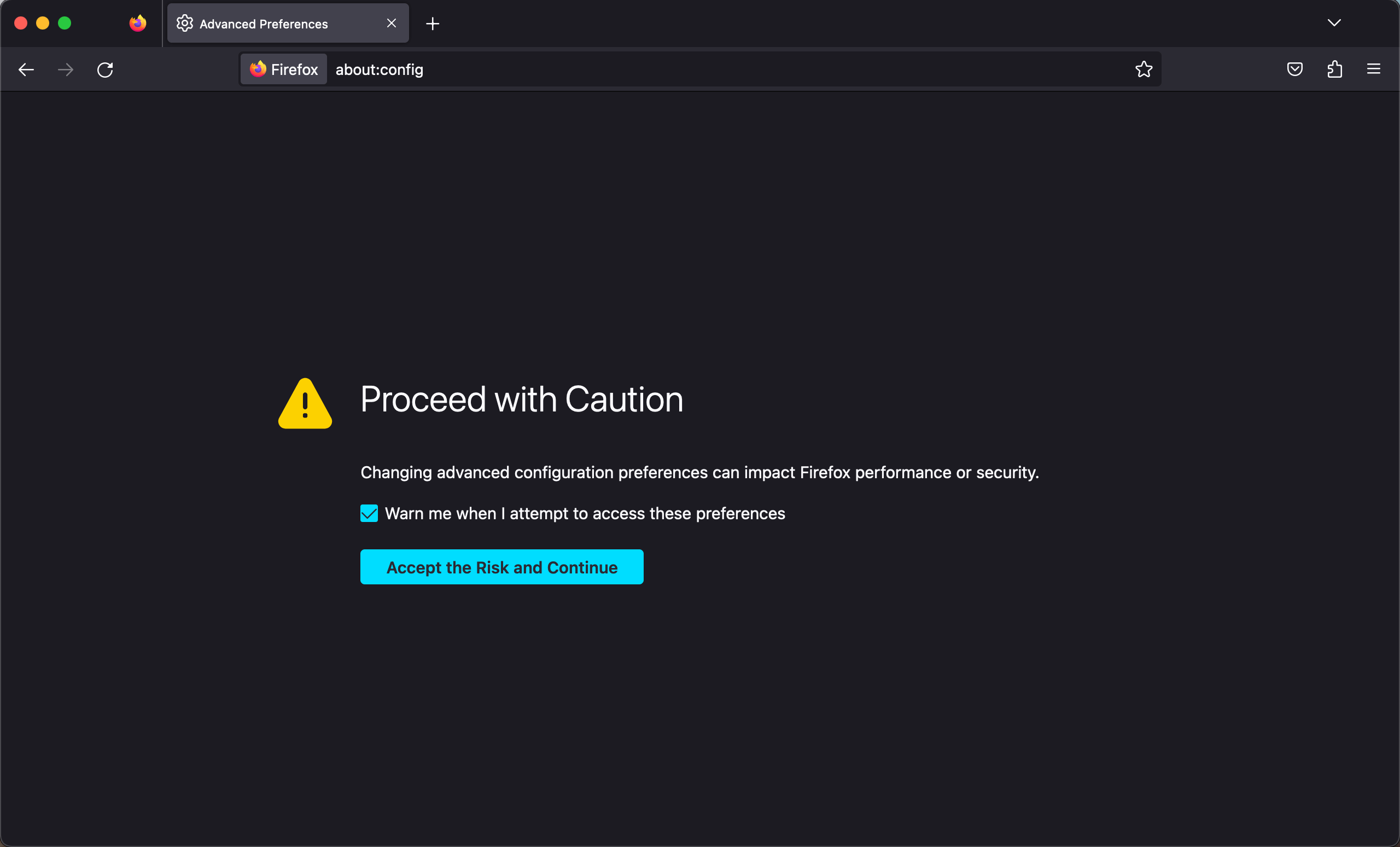Perfect Info About Which VPN Blocks WebRTC

How To Check If A VPN Is Working
Understanding WebRTC and Why You Might Want to Block It
1. What is WebRTC, anyway?
WebRTC, or Web Real-Time Communication, is a technology that allows web browsers and mobile apps to communicate directly with each other in real-time. Think video calls, voice chats, and file sharing without needing extra plugins. Sounds pretty neat, right? It is, until you realize it can leak your real IP address, even when you're connected to a VPN. Oops!
This leakage happens because WebRTC can bypass the VPN tunnel to establish a direct connection. It's like your browser has a secret back channel it uses without telling your VPN. For privacy enthusiasts (and really, who isn't these days?), this is a major red flag. The main point is about Which VPN blocks WebRTC and why that's important. Because you want a VPN that protects your privacy fully, not just partially.
So, why is your IP address such a big deal? Well, it's like your digital fingerprint. It can be used to track your location, identify you, and even be used for targeted advertising. Imagine browsing incognito, thinking you're invisible, only to have WebRTC spill the beans about your true location. Not cool.
That's where VPNs come in. They're supposed to mask your IP address and protect your online activity. But if your VPN isn't blocking WebRTC leaks, it's like wearing a superhero costume with a giant hole in the back. You look protected, but you're still vulnerable.

Finding a VPN That Actually Blocks WebRTC Leaks
2. The Crucial Feature
Not all VPNs are created equal. Some offer robust WebRTC leak protection, while others... well, let's just say they're not as diligent. When you're hunting for a VPN, make absolutely sure it explicitly mentions WebRTC blocking or leak protection in its feature list. Don't just assume it's included; double-check!
How do you check? Most reputable VPN providers will have detailed descriptions of their security features on their website. Look for phrases like "WebRTC leak blocking," "WebRTC protection," or "prevent WebRTC leaks." If you're not seeing it, it's probably best to look elsewhere. Customer support is a good place to ask this specific question.
Beyond just reading the feature list, it's a good idea to test your VPN yourself. There are several websites dedicated to checking for WebRTC leaks. After connecting to your VPN, visit one of these sites to see if your real IP address is being exposed. If it is, your VPN isn't doing its job, and you might want to consider switching providers.
Consider VPNs that offer browser extensions specifically designed to block WebRTC. These extensions can provide an extra layer of protection, ensuring that WebRTC leaks are prevented at the browser level. Look at the reviews and ratings for these extensions; are they reliable and effective? A VPN is as good as its weakest link. This article is focusing on Which VPN blocks WebRTC and how to select the right one.

Understanding The WebRTC Protocol
Recommended VPNs That Block WebRTC (and How They Do It)
3. A Few Solid Choices
Alright, let's get down to brass tacks and name a few VPN services that are known for their strong WebRTC leak protection. Keep in mind that the VPN landscape changes frequently, so it's always wise to do your own research and compare options before making a decision. I'm not endorsing any of these, just mentioning examples; do your homework!
Some VPNs achieve WebRTC blocking through browser extensions. These extensions typically disable WebRTC functionality within your browser, preventing any potential leaks. Others may route WebRTC traffic through the VPN tunnel, ensuring that your real IP address remains hidden.
Again, test the VPN yourself. Use a WebRTC leak test website (there are many free ones available) after connecting to the VPN. If the test shows your real IP address, then the VPN isn't effectively blocking WebRTC. Don't rely solely on the VPN's claims; verify it yourself!
Remember, choosing a VPN is a personal decision. Factors like server locations, speed, price, and ease of use will all play a role. But if you're concerned about WebRTC leaks (and you should be), make sure WebRTC blocking is a top priority. Because finding Which VPN blocks WebRTC is about more than just price.

How To Bypass VPN Blocks Safely In 2025
Configuring Your Browser for Added WebRTC Protection
4. Taking Matters Into Your Own Hands
Even with a VPN that claims to block WebRTC leaks, it's a good idea to take some extra precautions at the browser level. You can disable WebRTC functionality directly in your browser settings or use browser extensions designed to block WebRTC.
For Chrome and Firefox, there are extensions available that can disable or control WebRTC. Search the Chrome Web Store or Firefox Add-ons for extensions like "WebRTC Control" or "Disable WebRTC." These extensions allow you to easily toggle WebRTC on and off, giving you more control over your privacy. The key is figuring out Which VPN blocks WebRTC and then layering on additional protections.
If you're feeling more technically inclined, you can disable WebRTC directly in Firefox's advanced settings. Type "about:config" in the address bar, then search for "media.peerconnection.enabled" and set its value to "false." This will completely disable WebRTC in Firefox. However, be aware that this may affect some websites that rely on WebRTC for video or audio communication.
Regularly update your browser and VPN software. Security vulnerabilities are constantly being discovered, and updates often include patches that address these vulnerabilities. Keeping your software up-to-date is one of the simplest and most effective ways to protect yourself online. And remember, finding Which VPN blocks WebRTC is just one part of a broader online privacy strategy.

Testing and Verifying WebRTC Leak Protection
5. Trust, but Verify!
So, you've chosen a VPN that claims to block WebRTC leaks, and you've even configured your browser for added protection. Great! But don't just take their word for it; it's time to put things to the test. There are several websites specifically designed to check for WebRTC leaks. These sites will attempt to detect your real IP address, even when you're connected to a VPN. Key here is the ability to identify Which VPN blocks WebRTC
After connecting to your VPN, visit one of these WebRTC leak test websites. Follow the instructions on the site to run the test. If the test reveals your real IP address, then your VPN is not effectively blocking WebRTC leaks. In this case, you'll need to investigate further. Double-check your VPN settings, make sure your browser extensions are properly configured, and consider contacting your VPN provider for support. Or, unfortunately, maybe try another VPN.
Run these tests periodically, even if you've already confirmed that your VPN is blocking WebRTC. Updates to your browser or VPN software could inadvertently introduce new vulnerabilities. Regularly testing your WebRTC leak protection will help you stay ahead of the curve and ensure that your privacy remains protected. Don't get complacent!
Think of it like checking your car's tire pressure. You wouldn't just assume your tires are properly inflated; you'd actually check them with a tire gauge. Similarly, you shouldn't just assume your VPN is blocking WebRTC leaks; you should actively test and verify its effectiveness. It's all about making sure you actually have Which VPN blocks WebRTC instead of hoping you do.

FAQ
6. Your Questions Answered
Let's tackle some common questions about WebRTC leaks and VPNs.
Q: Will any VPN automatically block WebRTC?A: No, not all VPNs block WebRTC leaks by default. It's a feature you need to specifically look for. Some VPNs require you to manually enable WebRTC blocking in their settings, while others may rely on browser extensions.
Q: Can I just disable WebRTC in my browser and not use a VPN?A: Disabling WebRTC in your browser is a good step, but it doesn't provide the same level of protection as a VPN. A VPN encrypts all of your internet traffic, masking your IP address and protecting your data from prying eyes. Disabling WebRTC only prevents WebRTC leaks; it doesn't address other privacy concerns.
Q: How often should I check for WebRTC leaks?A: It's a good idea to check for WebRTC leaks at least once a month, or more frequently if you're concerned about your privacy. You should also run a test after updating your browser or VPN software.
Q: If my VPN has an option for WebRTC leak prevention, is that the same thing as blocking it?A: Usually, yes. "WebRTC Leak Prevention" generally means the VPN is taking steps to ensure your real IP isn't exposed through WebRTC. However, it's always best to test it yourself to be sure.